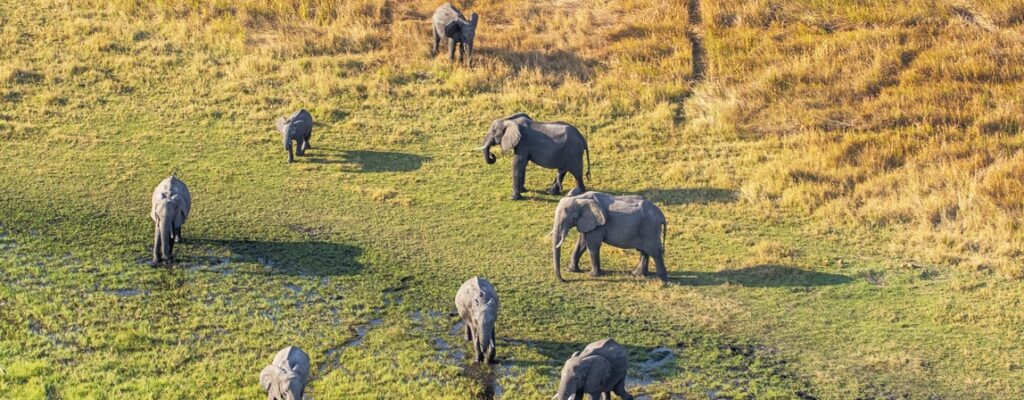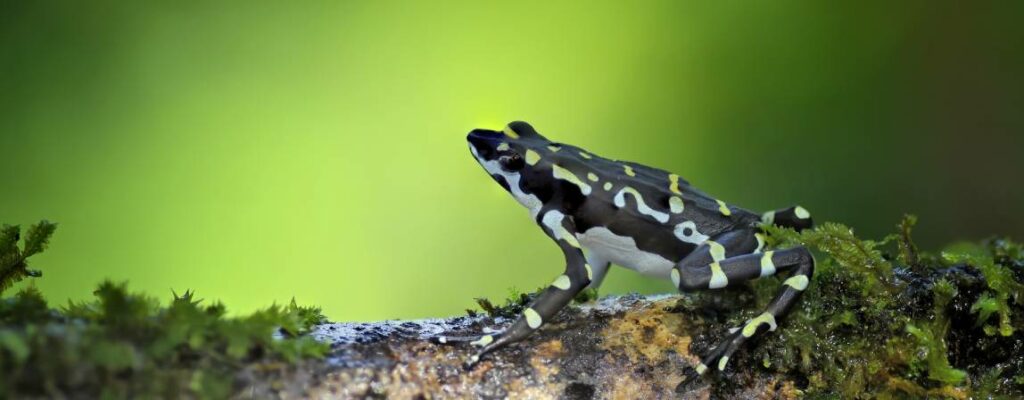Perspectives Posted on 2024-07-26 17:34:40
#WOAH actions
Should WOAH be the global standard-setting body for wildlife health?
The question of whether the World Organisation for Animal Health (WOAH) should be the global standard-setting body for wildlife health merits thoughtful consideration. WOAH’s expertise and track record in animal health make it an intuitive candidate. However, certain factors must be weighed to ensure its suitability and effectiveness in such a role.
WOAH’s mandate and extensive experience in safeguarding animal health and welfare favour its potential as the global standard-setting body for wildlife health. Within its century-long history, WOAH has worked on wildlife health for seven decades. Although elements of WOAH’s standards and guidelines touch on wildlife issues, they are mainly related to livestock and public health, and are aligned with the Organisation’s Basic Texts. This foundation could be extended to address wildlife health in a more harmonised manner, enhancing WOAH’s contribution to mitigating disease spillover from wildlife to domestic animals and humans.
Transitioning to a harmonised approach to wildlife health presents complexities that need to be addressed. Wildlife health is intricately linked with ecological dynamics, involving interactions between species and their habitats. These complexities require a nuanced approach beyond traditional animal health management. For WOAH to be more effective in supporting wildlife health, it must expand its scope to incorporate ecological considerations and collaborate closely with experts in diverse fields such as biodiversity, conservation and sustainable livestock and aquaculture production.
Collaboration with existing organisations is crucial. Entities such as the Convention on International Trade in Endangered Species of Wild Fauna and Flora (CITES) and the Secretariat of the Convention on Biological Diversity (SCBD) have mandates and expertise that intersect with wildlife health. Partnerships with such organisations, with clear responsibilities, should foster a comprehensive approach, drawing diverse perspectives to address complex challenges.
In conclusion, WOAH’s potential as the global standard-setting body for wildlife health requires careful consideration, including assessment of its membership’s willingness to increase involvement. By working with established institutions towards a holistic approach, WOAH is already an inevitable partner contributing significantly to wildlife health.
https://doi.org/10.20506/bull.2024.1.3494











